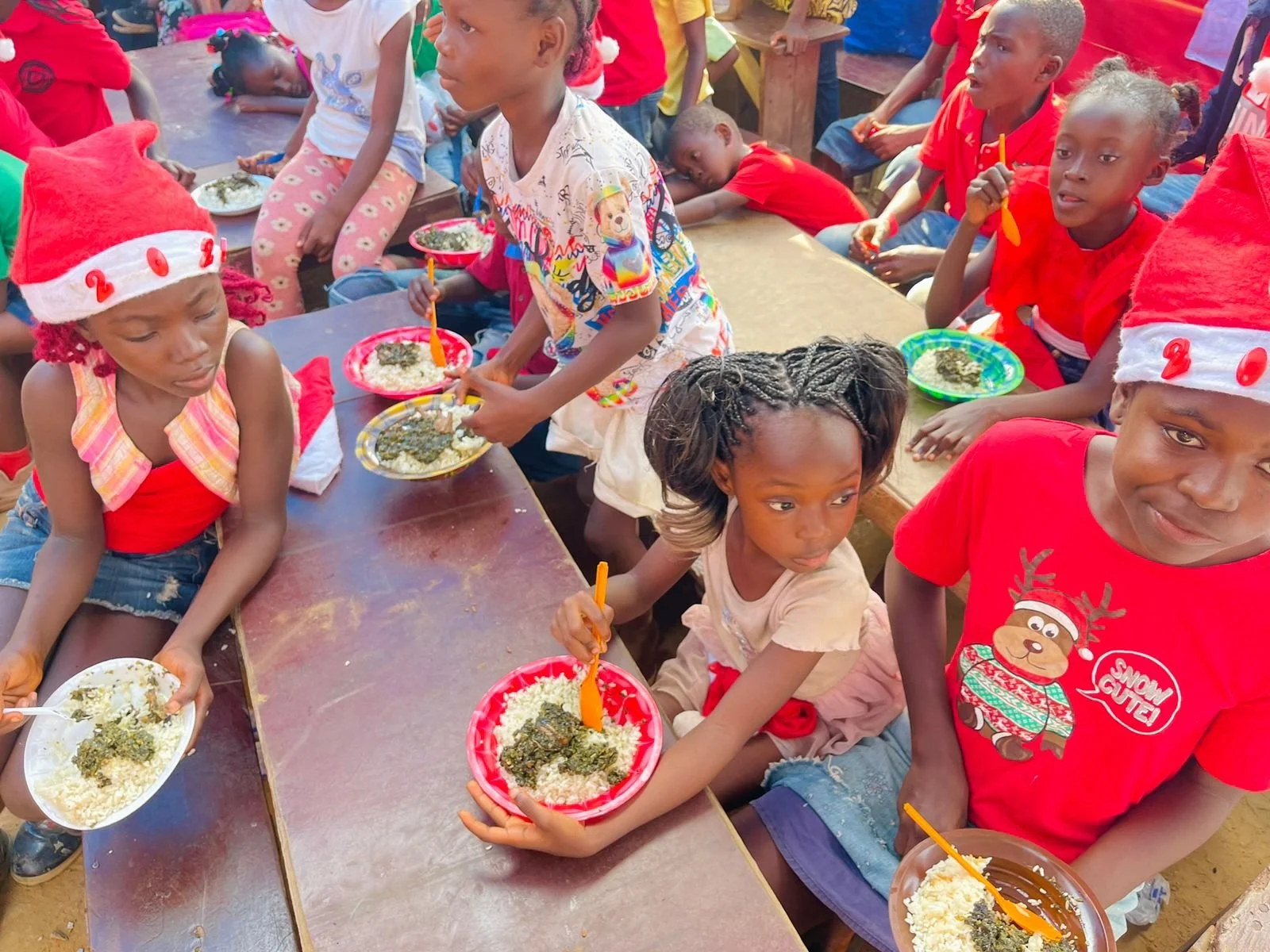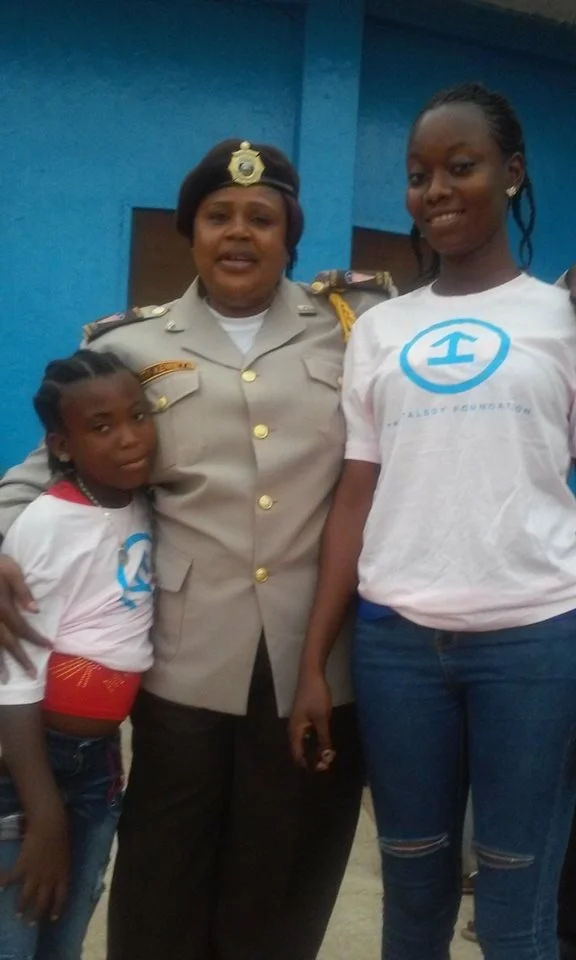Empowering and Educating Survivors and Young Women
The Talboy Foundation is a registered 501(c)(3) nonprofit organization incorporated in Idaho and Liberia. Originally founded to support Liberia and West Africa after the 2014–2016 Ebola epidemic, the Foundation continues to provide educational resources, clean drinking water, and economic opportunities to those in need. Its efforts now extend to communities in Atlanta, the United States, U.S. territories, Native American Nations, other parts of Africa, and anywhere children and vulnerable populations are struggling.
Due to our belief that education is the foundation for a sustainable future, The Talboy Foundation funds educational grants for Ebola survivors and young women. To promote long-term community impact, recipients must give back—whether by supporting their local communities or the orphanages where they were raised (with exceptions for high school students and younger children). All grants and scholarships are awarded through a competitive process.
Additionally, The Talboy Foundation works closely with the House of Hope Orphanage in Nimba County, Liberia. It has built a library, provided food and emergency medical care, funded educational scholarships, and completed essential repairs to improve living conditions.
OUR MODEL
The Talboy Foundation provides educational grants to young Ebola survivors and young women pursuing education degrees who would otherwise be unable to attend college. To foster long-term sustainability, scholarship recipients give back to their communities by providing eight hours of weekly tutoring or mentoring to an Ebola survivor receiving a Talboy Foundation grant.
Additionally, the Foundation is developing a program for U.S.-based education specialists to work alongside certified Liberian teachers in classrooms. This initiative enhances the skills of Liberian educators, strengthening the country’s education system for future generations.
To support scholarship recipients in their tutoring and mentoring roles, the Foundation offers training and skill-building courses, ensuring a high standard of education. Beyond academic growth, this model also creates a supportive environment where survivors can address the stigma and post-traumatic stress disorder (PTSD) associated with Ebola, fostering healing and community resilience.
PRIMARY MISSION
To expand on our successful model of providing competitive scholarships to young Ebola victims and team them with a young woman who would otherwise not be able to attend college. In return for receiving a scholarship, the young female recipient must commit to 8 hours a week of providing tutoring or mentoring services to a younger survivor, woman, or child. Recipients, therefore, will be molding their own ability to educate and mentor while providing education in the community.
Provide support to recognized organizations in Liberia who working orphans to ensure they receive a technical skill prior to be being released from the orphanage at age 18.
Build smart libraries at recognized orphanages.
Coordinate community healing sessions.
Provide support to families adversely affected by Ebola.
Provide support to underserved populations throughout the world.
LONG TERM MISSION
Build and operate a school of excellence in Liberia, other areas of West Africa, and the world that meets U.S. standards, specifically to meet the needs of students who demonstrate high academic potential.
As an incentive to excel in academic studies, the Talboy Foundation believes that participation in sports activities are the key to a well-rounded student. Sport grants will be made throughout the world.
Provide health grants to support the physical and mental wellbeing of the communities we serve.
WHY FOCUS ON EDUCATION?
In Liberia, the literacy rate (ability to write and read your name) among people 15–24 years old is 63% for males and 37% for females. According to the Liberian Education Profile, the education infrastructure in Liberia is one of the weakest in Sub-Saharan Africa. The dropout rate in Liberia is high, 65% for boys and 73% for girls, with many students dropping out before reaching fifth grade. At the secondary level, the net enrollment rate is a mere 34%. The major obstacles Liberia has to fight are parents’ illiteracy, overcrowded classrooms at a kindergarten and primary level, high dropout rates, and inadequate educational infrastructure. Moreover, the quality of education is inadequate in Liberia because of a lack of quality curricula, learning materials, qualified teachers, and overall system instability.
The Talboy Foundation believes that building sustainable local capacity to educate is the key to moving Liberia and West Africa forward into a brighter tomorrow.




